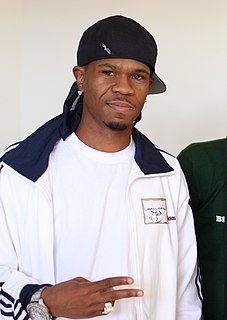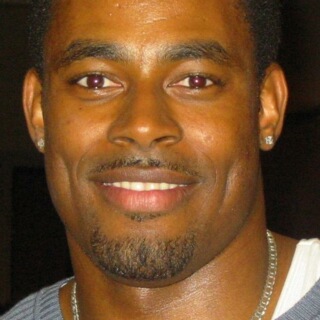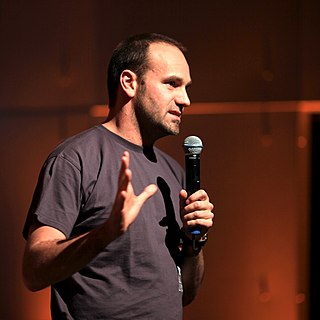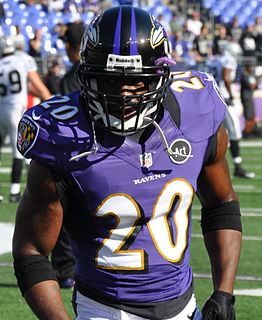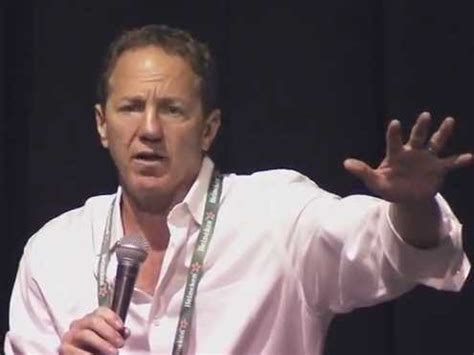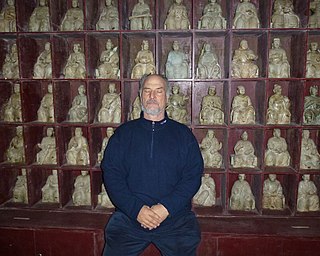A Quote by Mark Zuckerberg
You can be so bad at so many things... and as long as you stay focused on how you're providing value to your users and customers, and you have something that is unique and valuable... you get through all that stuff.
Related Quotes
Free software is part of a broader phenomenon, which is a shift toward recognizing the value of shared work. Historically, shared stuff had a very bad name. The reputation was that people always abused shared things, and in the physical world, something that is shared and abused becomes worthless. In the digital world, I think we have the inverse effect, where something that is shared can become more valuable than something that is closely held, as long as it is both shared and contributed to by everybody who is sharing in it.
When you start moving into the internal stuff, you start learning how you don't get your power from your muscles. You open up the energy channels inside your body and you shoot something through them and all of a sudden, you've got many times the power you could get physically, or even if you don't, some other things. To get this power to come from inside you, this chi, this energy from inside you, you have to learn how to completely relax.
Pause for a moment and check where your own heart and thoughts are. Are you focused on the things that matter most? How you spend your quiet time may provide a valuable clue. Where do your thoughts go when the pressure of deadlines is gone? Are your thoughts and heart focused on those short-lived fleeting things that matter only in the moment or on things that matter most?
I used to think that good short-sellers could be trained like long-focused value investors because it should be the same skill set; you’re tearing into the numbers, you’re valuing the businesses, you’re assigning a consolidated value, and hopefully you’re seeing something the market doesn’t see.But now I’ve learned that there’s a big difference between a long-focused value investor and a good short-seller. That difference is psychological and I think it falls into the realm of behavioral finance.


